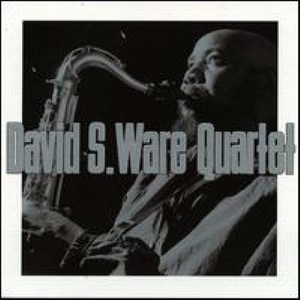
- 歌曲
- 时长
简介
by Thom JurekThe title is a play on the non-existent word "gospelized." This is Ware's most overt attempt at acknowledging the influence of Albert Ayler, not only on his playing style, but also on his method of hearing and formation. Accompanied by drummer Susie Ibarra, pianist Matthew Shipp, and bassist William Parker, Ware digs deep into the church and the level of spiritual reality to be found there and creates his own sonic vision of how that yearning should be articulated. Crucial to this entire mix is Shipp, who creates harmonic palettes that are wide in their chromatic reach. Ware is free to travel the spaceways in search of angels of light. The title track opens the recording with a series of droning chord progressions offered by Shipp on augmented minor sevenths that open into open-toned major chords. Ware begins to articulate one melodic statement and then collapses it in favor of another as Parker and Ibarra shove the rhythm back at both players. Ware begins to moan through the horn, then bleat, then cry, and then wail, digging his legato style out of his back pocket and pushing into the honking limit in both the middle and lower registers of the horn. Over 15 minutes, he prays through his horn, and his prayers are accented first by Shipp, who pounds home the context, and then by the rhythm section, who draw it out for maximum emotional effect. In contrast, "The Stargazers" is a shimmering, ethereal tune that opens with Shipp playing trill and single notes on both the inside and outside of the piano. He haltingly engages this until the rhythm section kicks in when he shifts to a modal variation on the harmony of "My Favorite Things," which shifts again to a Latin rhythm, and Ware goes deep playing ostinato with Shipp, articulating the theme which begins to stretch after about eight measures. Ware moves off into the stratosphere, but always returning to Shipp's cadence, which is bell-like in its clarity and aplomb. Parker and Ibarra govern the dynamics of the proceeding as well, keeping the restraint until the tension needs to be released -- explosively. This is purely spiritual music, inspiring, moving, and deeply affecting. It is also one of the greatest examples of the new jazz to reach outside itself and embrace the traditions of the culture around it, not matter how dissonant that embrace may be.







